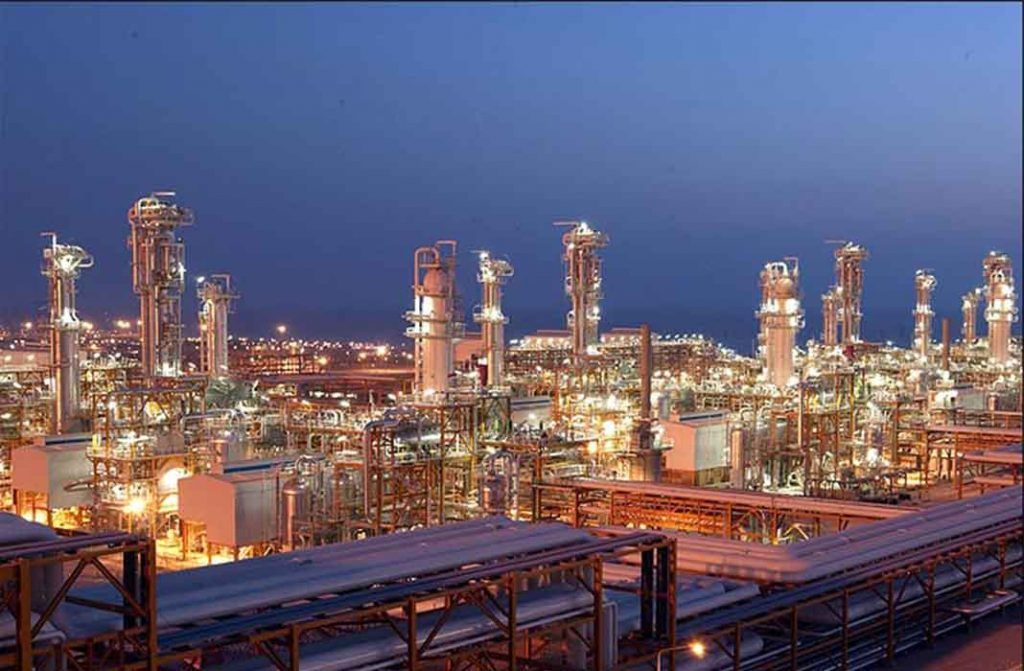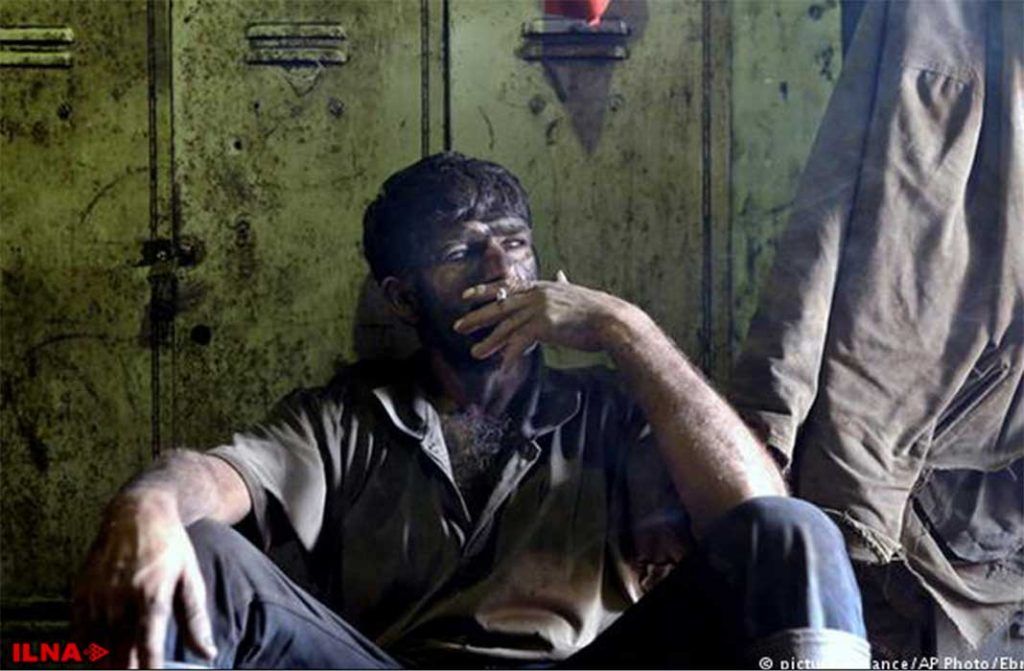January 26, 2017
By Rohshanak Asteraki
The widespread use of hard drugs among Iranian workers in various industries has prompted reluctant authorities to warn against the serious addiction epidemic plaguing the nation. In March 2015, the deputy chief of Iran’s drug control authority estimated that 20 percent of all plant workers in Iran were addicted to drugs. A separate report exposed the alarming rate of addiction among coal miners who blame long shifts, stressful environment, and unhealthy work conditions as reasons for abusing drugs.
Some of the major industrial installations in the country have been struggling with rampant drug use among workers and engineers as well. The massive land-based facility of Pars Special Energy Economic Zone (PSEEZ), an oil and gas project located in the small town of Asaluyeh, 270 km southeast of port city of Bushehr, is a notable example. According to its managing director, Mehdi Yousefi, a total of 5,801 employees of PSEEZ have attended 107 seminars and workshops, held at the site, on preventing drug abuse. Since March 2016, nation’s health departments have also taken a more active role in battling drug addiction.
In an interview with Kayhan London, Reza, a 32-year old welder who was employed at PSEEZ for eight years until two months ago, said “ Drug addiction is a major problem in Asaluyeh. It wasn’t so bad before, but it has reached a dangerous level in the past three years.” Making an interesting comparison between alcohol and drug use, Reza remarked that “A worker would be reprimanded or even fired if caught with a one litre bottle of an alcoholic beverage, but I saw hardcore addicts using drugs on their lunch break with complete impunity.” He added, “When I first started working, most addicts were using opium, but now crystal methamphetamine, which is relatively cheaper, is the drug of choice. The drug is in such high demand that reportedly a number of traffickers have moved with their families from Sistan and Baluchestan province to Bandar Kangan area, in Bushehr province, to conduct their lucrative trade.”
Reza cannot recall any seminar or workshop on preventing drug abuse ever being held at PSEEZ in the eight years he worked there. He said that “Senior management is well aware of the widespread problem of addiction in Asaluyeh but deliberately makes no attempt to tackle it.” He explained “Being away from their families, working 12-hour shifts during hot summer months, lack of leisure activities outside of the work place, and low wages or not being paid, in some instances up to nine months, put enormous pressure on workers who resort to using drugs to alleviate stress. It works to the advantage of senior management because the vulnerable drug-addicted workers do not want to lose their jobs and do not even have the energy to protest to demand what they are owed in back pay.
Pedram, a 38-year old engineer who has been working at the Asaluyeh project for the past six years, told Kayhan London, “The drug problem in Asaluyeh is just another manifestation of a wider ill that has plagued our country for a long time. There is also a significant increase in drug abuse in high schools and universities, but there is no doubt that a large number of workers in Asaluyeh are drug users. We can attribute this to lack of education, difficult work conditions, and economic hardship.”
Pedram added, “There are dozens of government agencies and private contractors operating in Asaluyeh, each with their own set of rules and regulations. I worked for two years for a private company that didn’t pay its employees in any regular fashion, so I switched to another firm. I noticed that drug use began in the dorms, initially used recreationally to pass time and to fight boredom, but gradually turning into a devastating addiction.”
Pedram argued that “Senior management could have prevented the menace of drug addiction if they wanted to. They could have cared for the well being of workers by building gyms, organizing outdoor activities, or even conducting mandatory drug tests. Unfortunately, they do not care and they lack the will to confront this toxic problem head on.”



